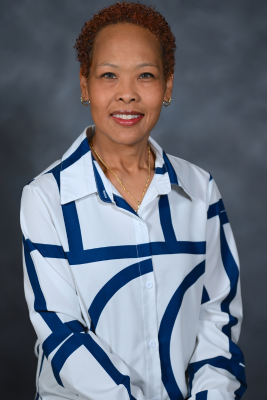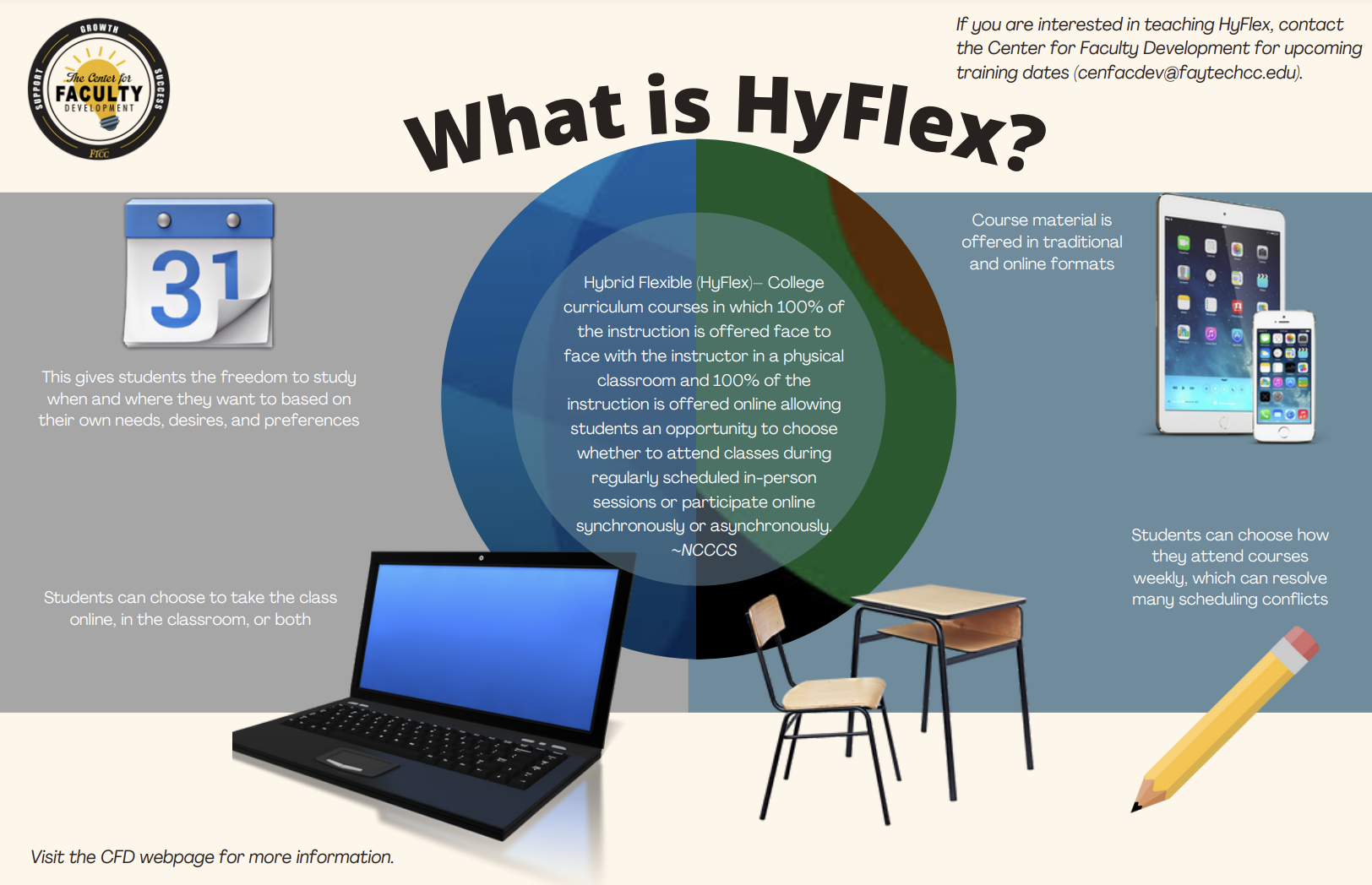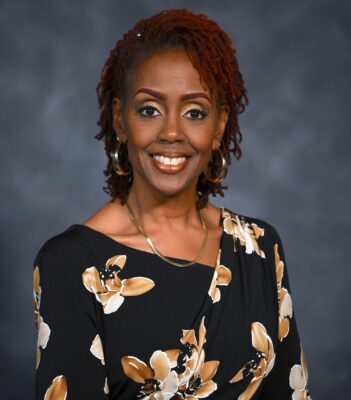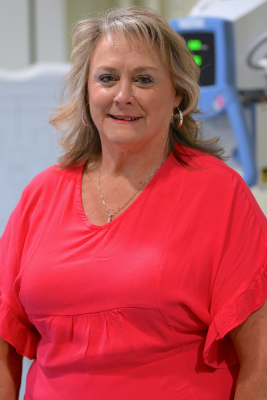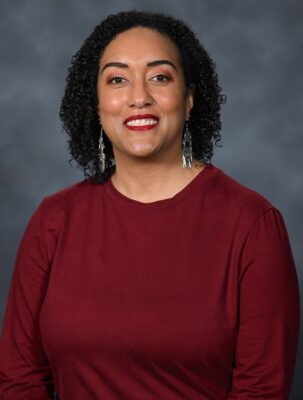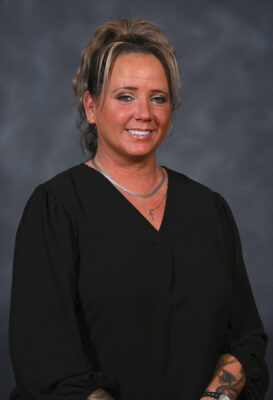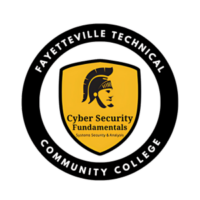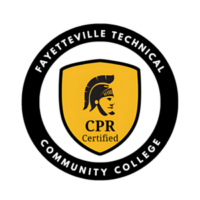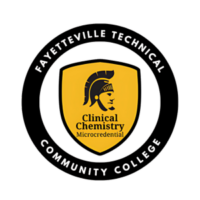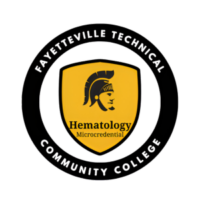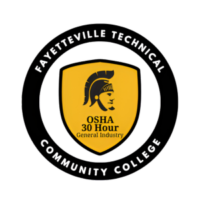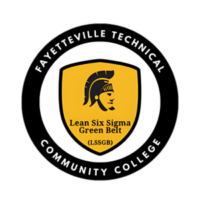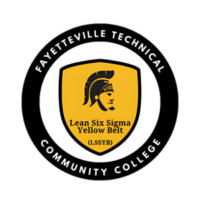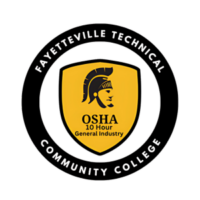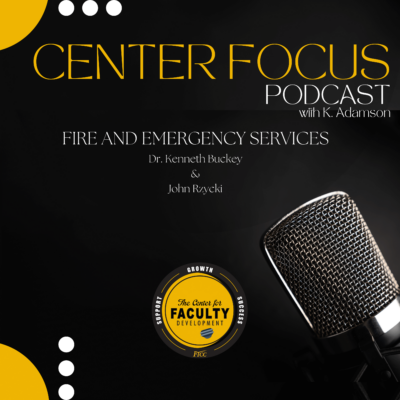FTCC offering EMT Basic through Transition Tech
In 2017, EMT (Emergency Medical Technician) became the ninth program added to FTCC’s Transition Tech training program. The eight-week program trains students interested in pursuing an Emergency Medical Services (EMS) career. Under our campus’ Veteran Services, Transition Tech is for transitioning military service members, providing them the opportunity to earn certificates, receive resume assistance, and more before entering the civilian workforce.
Roughly 18 students comprised the first graduating class in March, and there have been three more offered since then. The program earned its accreditation in 2016.
“There can be a high unemployment rate for soldiers leaving the military and becoming civilians,” said Joyce Pettengill, department chair for EMS, emergency and health programs for FTCC. “This would guarantee a career or profession for them to provide for their families. There’s a huge need in
all communities for EMS personnel.”
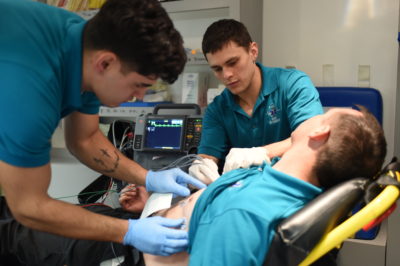
Matthew DelGiudice, center, runs tests on a patient as part of his training in the EMT Basic program. The program is offered to students transitioning out of the military and vets looking to start a new career. [Photo/Brad Losh]
Pettengill said the program has attracted a range of students. Some served as infantrymen, as military police, or retired from the military after 20 years of service.
“Most have no EMS or medical experience at all,” Pettengill said about students who have taken the course so far. “Some come in and love it. Now, they work in the fire service or are going to physician’s assistant school or finishing their degree for physical therapy. Upon graduation and certification, these
students can be a paramedic’s right hand.”
The program requires 240 didactic hours and between 24 and 48 clinical hours working in the Emergency Department at Cape Fear Valley Medical Center in Fayetteville. Students learn how to read vital signs, perform CPR, conduct a patient assessment and more in the classroom and throughout clinical rotations.
Matthew DelGiudice, who has served in the Army for five years, has learned those same skills. DelGiudice hopes taking the course will make him more marketable for his next career goal: law enforcement in Rutland, Vermont, where he previously lived. He wants to return there with his wife and two young sons after transitioning out of the Army in March 2018.
“These courses give us [military service members and veterans] other skills that there’s a huge demand for,” DelGiudice said. “Looking at different situations and people and being able to recognize their signs and symptoms are going to help me and my classmates be successful. The instructors in the program want to build the best EMTs possible.”
EMT Basic has maintained a 90 percent pass rate on the class final and state exams. Transition Tech is in the process of expanding EMT Basic by adding the next level, Paramedic, this year.
For Pettengill, being a part of FTCC’s EMS programs isn’t just about the in-classroom successes. She recalled shopping one Christmas season. A man mumbled as he leaned against a counter in a store. Her EMS experience prompted her to give the patient a soft drink, boosting his blood sugar levels. He
was a diabetic. When the paramedics arrived to assist, two of them were her former students.
“That’s why I teach,” she said. “You do EMS for the passion and the cause. It just makes you feel good knowing you have the capacity to help others in
times of need.”
This article first appeared in our 2016-2017 Annual Report released January 2018.

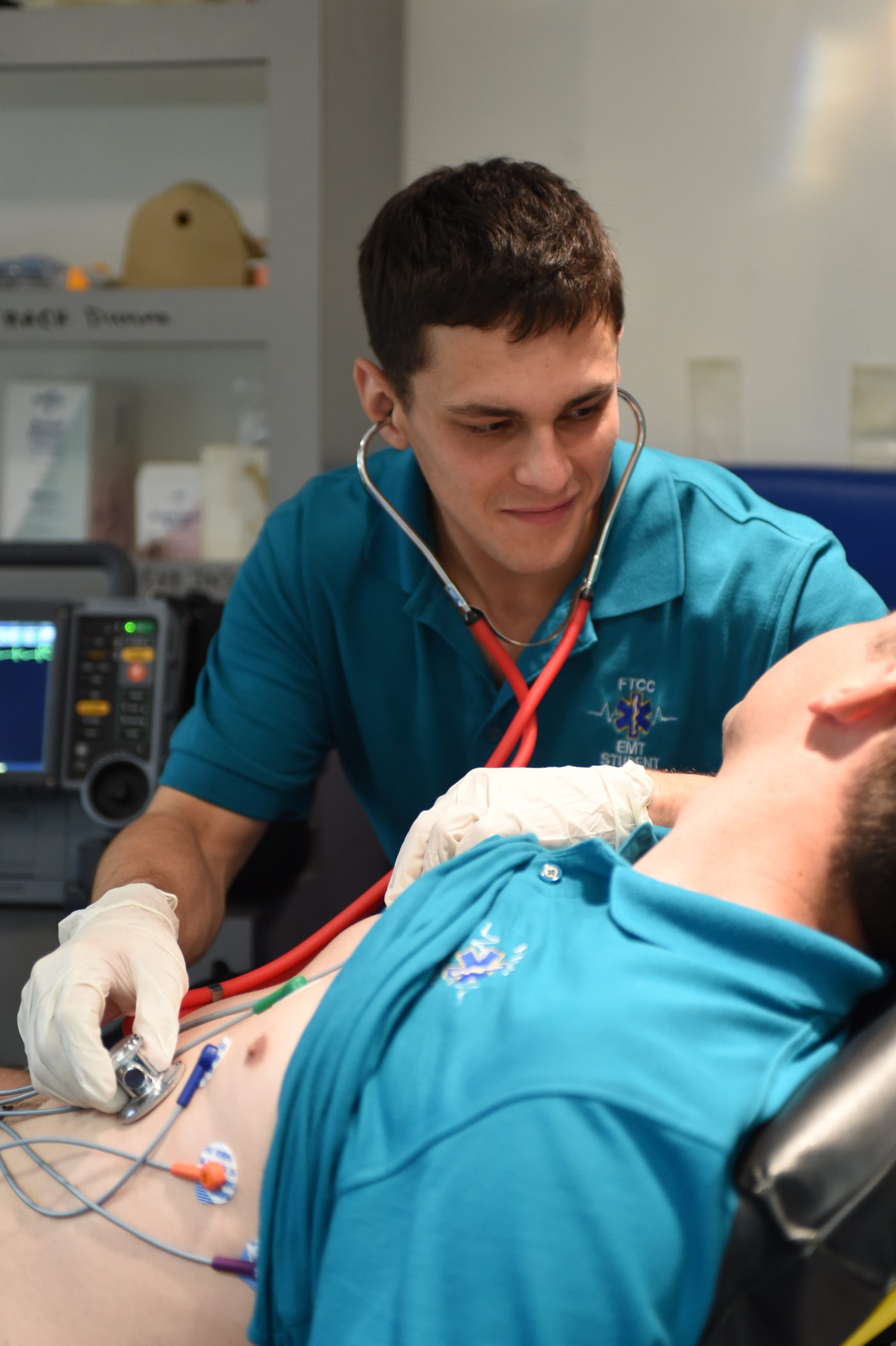
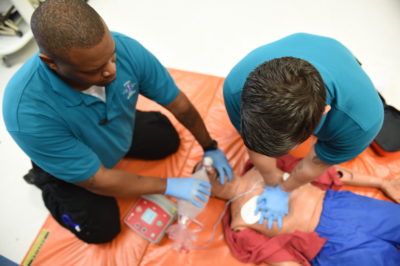

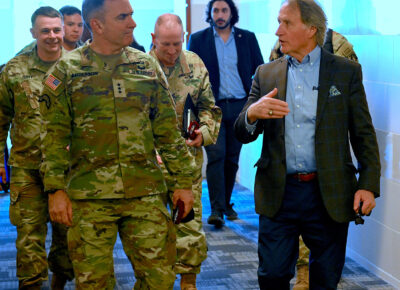
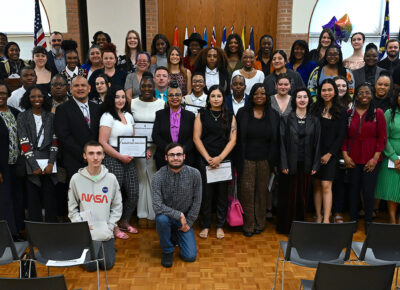




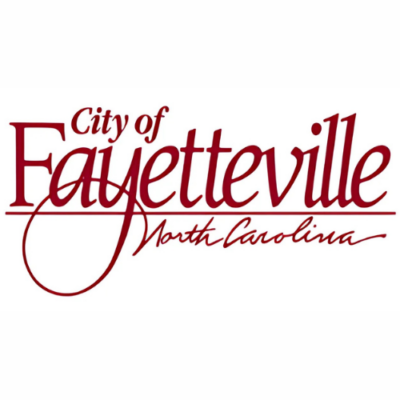


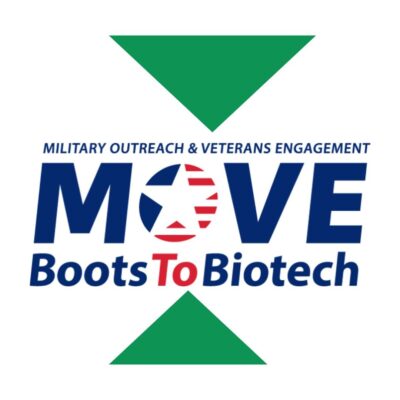

 )
)